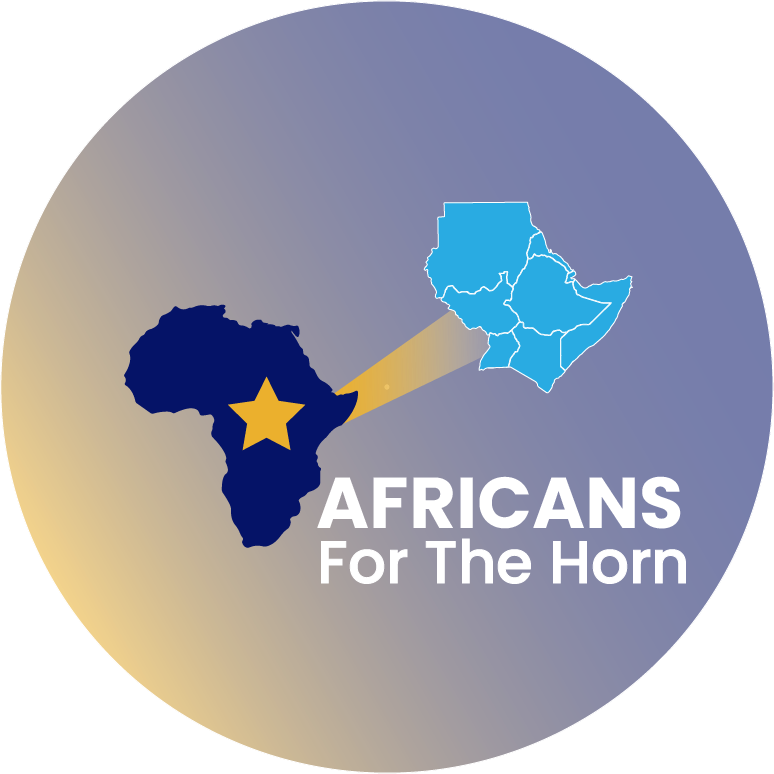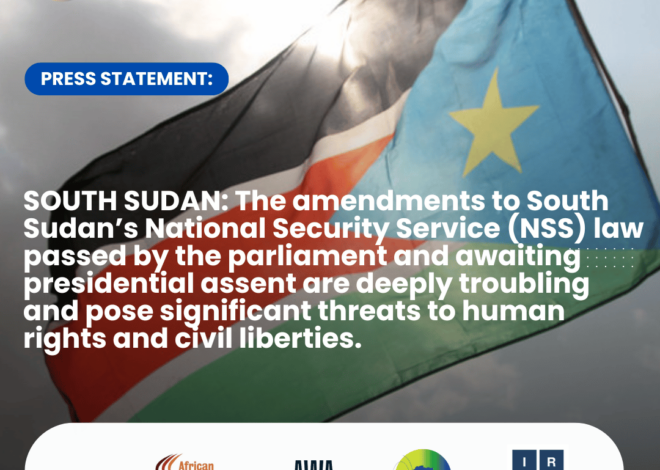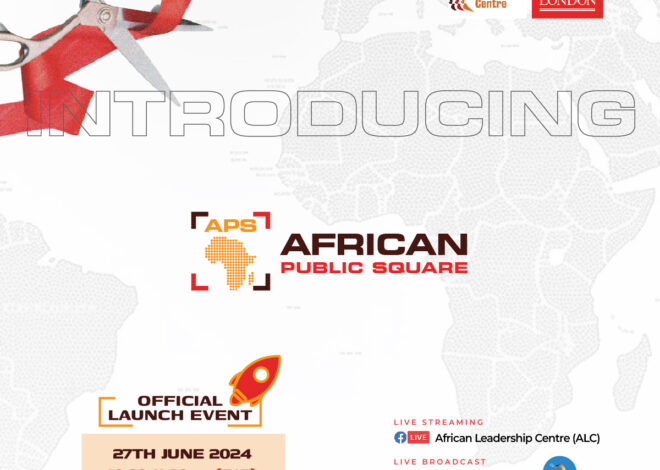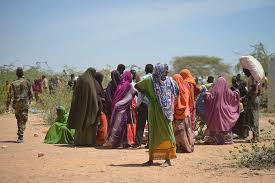
AU’s Establishment of a High-Level Panel on Sudan Welcomed, but Swift Action is Needed
December 5, 2023
“I believe the drafters of the Constitutive Act anticipated scenarios similar to the one in Sudan when they drafted article 4(h). Africans cannot stand by and continue to watch atrocities being committed in Sudan without taking all necessary measures to stop them.”
Shuvai Nyoni – Executive Director, the African Leadership Centre (ALC)
Africans for the Horn of Africa (Af4HA) welcomes the decision adopted by Peace and Security Council (PSC) of the African Union (AU) at its 1185th meeting held at the Ministerial level on the Situation in Sudan on 15 November 2023 to accelerate the implementation of the AU’s Roadmap for the Resolution of the Conflict in Sudan and to establish a High-Level Ad hoc Panel on Sudan, that will work with all the Sudanese stakeholders including women and youth, in order to ensure an all-inclusive process towards this civilian-led political transition.
This is a positive step, but it must be followed through with action to ensure meaningful and inclusive participation of Sudanese citizens, especially women and youth at all levels of peace processes. “We have seen a lot of positive rhetoric from the AU,” said Af4HA spokesperson Dismas Nkunda, “but the people of Sudan need more than words, they need concrete action to end the war devastating their lives and country.”
While we recognise and appreciate the efforts of the AU and Intergovernmental Authority on Development (IGAD) on the situation in Sudan, we note that these efforts have recently waned. Between May 2023 and 15 November 2023, the AU PSC had neither met nor issued a communique on the situation in Sudan. This is unacceptable in light of the conflict’s terrible toll on the Sudanese people. According to the UN, Sudan is “now the world’s largest displacement crisis.” More than 10,000 people have lost their lives, 12,000 have been injured, and 6.24 million people have been displaced. An estimated 24.7 million people (more than half of the population) need humanitarian aid and protection. Women have borne the brunt of the war which has been waged in their homes and on their very bodies. Lack of sexual and reproductive health services has grossly increased maternal mortality with women dying from what ought to be a live giving process. All these violations have negatively affected the psychological well-being of Sudanese civilians.
“For the last 10 years, African Member States have committed to building ‘a stable and peaceful Africa’ and to making peace a reality for all our peoples and rid[ding] the continent of wars’. AU Member States must demonstrate a real commitment to this ideal by utilising their vast resources to bring the fighting in Sudan to an end.”
Don Deya – CEO Pan African Lawyers Union (PALU)
The cost of inaction is dire. Not only will inaction continue to undermine the humanitarian situation in Sudan, it will accelerate the spread of conflict across the region. The AU must, therefore, redouble its efforts, working closely with IGAD, to resolve the conflict:
- Consider all the tools at its disposal, including provisions within its Constitutive Act and the Protocol on the Establishment of the Peace and Security Council, to protect civilians and open humanitarian access/corridors. Specifically, the AU, in coordination with the expanded mechanism and the UN, must consider imposing targeted individual sanctions on key belligerents and imposing an arms embargo beyond Darfur to the whole of Sudan to curtail the flow of weapons into the country and ensure accountability for those who continue to supply weapons in violation of this embargo.
- Recall the resolutions, communications and decisions from previous initiatives on crisis and conflict in Sudan that predate the present conflict and pay special attention to assessing the extent to which certain recommendations and plans of action have been implemented. This should focus on certain individuals and groups, their actions and inaction that have contributed to the fuelling of crisis and conflict and take decisive action on how to deal with these individuals and the roles they play in the pursuit of an end to the conflict.
- Urgently convene the two-stage talks envisioned in the communique to go beyond an immediate ceasefire and humanitarian access and lay the groundwork for civilian-led peace, reconciliation and constitutional order in Sudan. This should include a roadmap for a transitional arrangement, with clear milestones and strict checks.
- Ensure that the full, equal, meaningful and safe participation of Sudanese women and civil society in peace efforts as this is critical to de-escalation and peacebuilding efforts – this includes the recognition and involvement of the robust and well-established neighbourhood committees. Women and their organisations must be meaningfully represented by at least 50% at all levels, and at every phase, not as an after-thought or box-ticking exercise. These groups must be from all parts of the country. This must also apply to the meaningful inclusion of young people.
- Dedicate resources to support the investigation and documentation of human rights violations in the conflict, with a particular view to providing information on those responsible for perpetrating international crimes and breaches of African Human Rights conventions, including but not limited to the African Charter on Human and People’s Rights, the Maputo Protocol on the Rights of Women and the African Charter on the Rights and Welfare of the Child. These resources must of necessity be dedicated to the investigation and documentation of conflict-related sexual violations, especially rape, gang rape, abduction for sexual slavery and sexual torture of primarily women and girls but also men and boys. Here we recall the commitments made by African Heads of State at the recently ended AU Men’s Conference on Positive Masculinity – towards Ending Violence against Women and Girls (EVAWG) in Johannesburg (November 2023).
- Facilitate a system for broad-based Sudanese and broader African inputs and views into various avenues and options for resolving the conflict and innovating around a framework for reconciliation and reconstruction. The AU has, in the past, led the continent in similar ways on similar conflicts and crises; the future demands a return to these tried and tested practices to inform a way through this present crisis which is far from the only one affecting our continent.
- Establish a monitoring and feedback system that ensures Sudanese and continental civil society, media and ordinary citizens are appraised of AU efforts towards resolving the conflict and crisis in Sudan. We take this opportunity to remind the AU that the institution exists to serve the peoples of Africa and to secure and uphold the rights of present and future generations.



